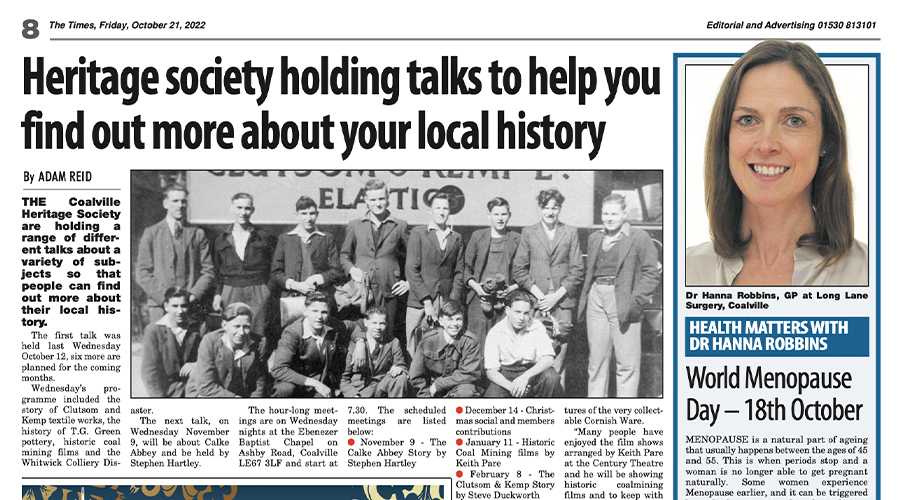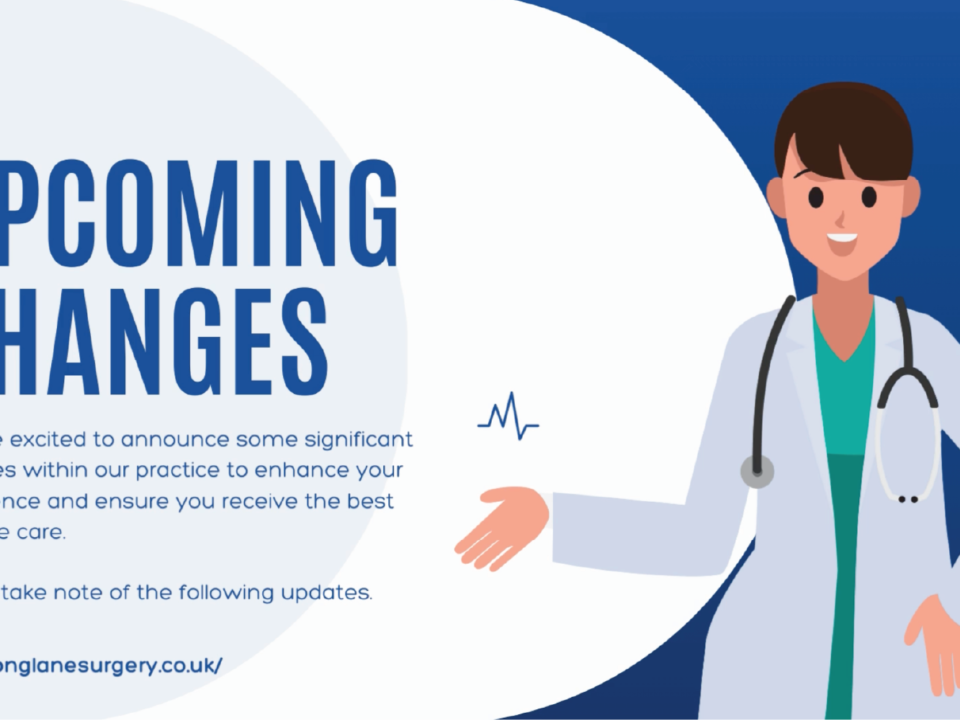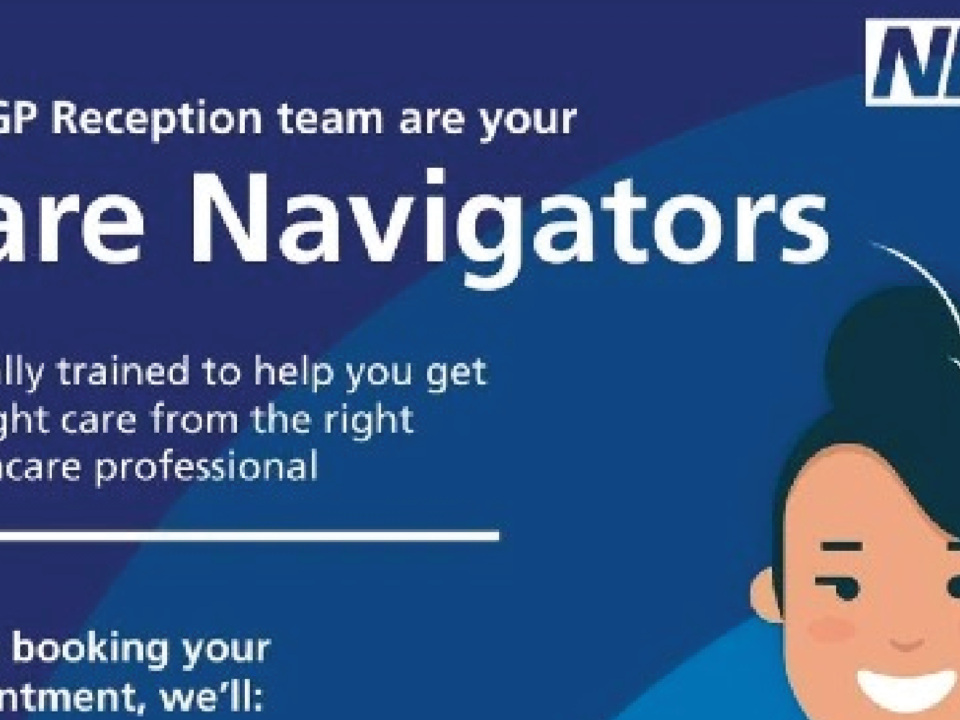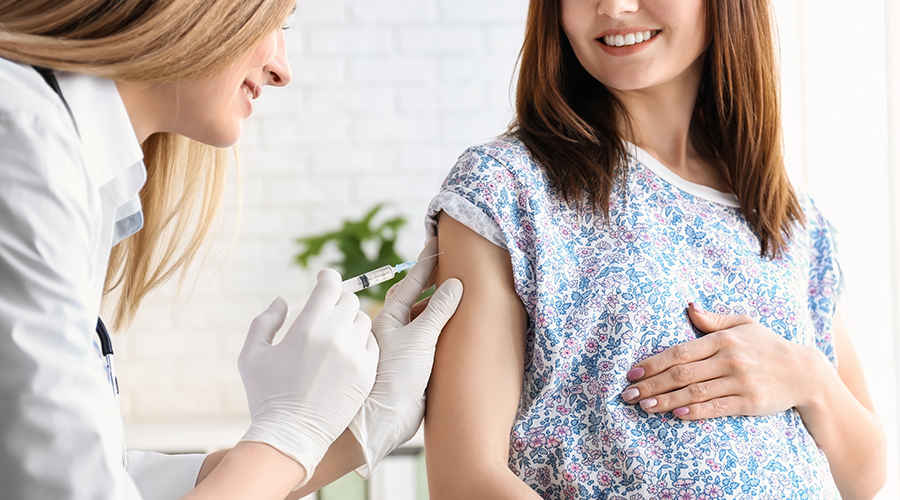
Vaccinations in pregnancy
October 20, 2022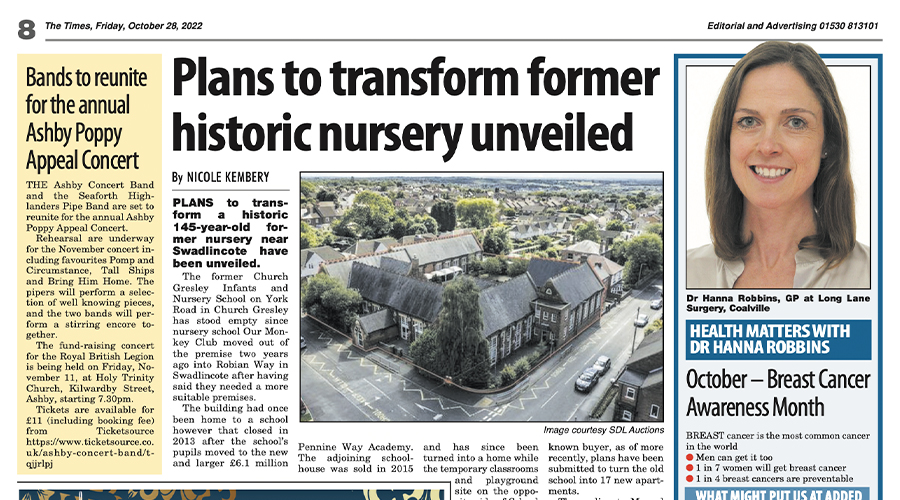
HEALTH MATTERS: Breast Cancer Awareness Month
November 3, 2022Featured In: The Coalville Times, Friday, 21th October 2022
HEALTH MATTERS WITH DR HANNA ROBBINS
World Menopause Day
MENOPAUSE is a natural part of ageing that usually happens between the ages of 45 and 55. This is when periods stop and a woman is no longer able to get pregnant naturally. Some women experience Menopause earlier, and it can be triggered by medical treatment such as chemotherapy or by operations on the womb or ovaries.
Menopause is different for every woman. Some sail through it without any issues. For others, Menopause can cause symptoms which can be severe and affect everyday life:
- Night sweats
- Hot flushes
- Difficulty sleeping
- Low mood, anxiety
- Brain fog
- Palpitations
- Sexual difficulties These often start months or years before periods stop and last around 4 years after the last period. Menopause also brings a risk of brittle bones (osteoporosis).
MENOPAUSE SELF-CARE
Things we can do to help ourselves:
- Exercise for 30 minutes most days
- Keep a healthy weight
- Eating a healthy balanced diet
- Eating dairy – milk, yoghurt – for strong bones
- Getting sunlight for vitamin D – for strong bones
- Avoid caffeine, choose decaf tea and coffee
- Avoid alcohol
- Keep your bedroom cool
- Sleep under several layers of covers so you can strip them off to cool down
- Talking therapies can help – speak to your GP reception team
If you have tried self-care and are struggling, medication might help. Your GP will need an up-to-date weight and a series of ‘home blood pressure readings – you can buy an upper arm blood pressure cuff from the pharmacy, or contact your GP reception team or practice website for instructions on how to do your home blood pressure readings.
Your Surgery may be able to help you through an online consultation, or telephone consultation – check with your reception team. HRT is suitable for many women and might really help.

Dr Hanna Robbins
Senior GP at Long Lane Surgery

